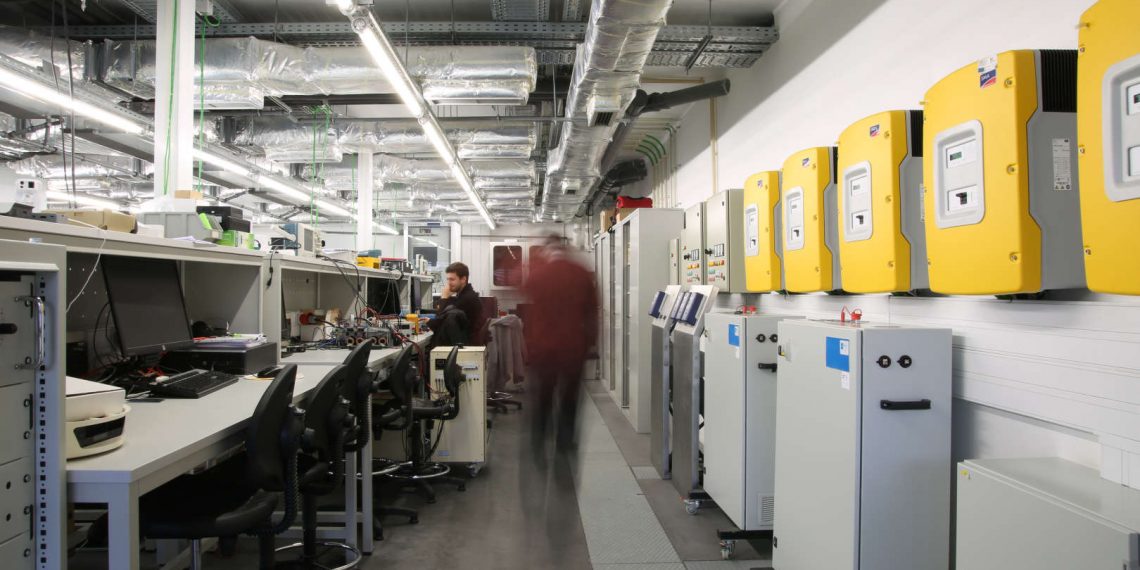A scientific cooperation project brings together 11 institutions from Europe and South America to drive the transition to cleaner and more sustainable energy sources, under a horizontal cooperation model with high social impact. It is called Energytran, and INESC TEC is one of the partners; the Institute will welcome researchers and support them in the development of technological solutions.
Clean, sustainable and fair energy transition. This is the goal of the Energytran project, which seeks to bring Europe, Latin America and the Caribbean region closer together, supporting research into “green” technologies and advance public policies that pave the way for carbon neutrality, to build a resilient ecosystem at the service of citizens.
INESC TEC is one of 11 partners that will seek to find solutions that benefit the citizens of said regions through “the generation, exchange and transfer of technology between partners from the European Community (EC) and partners from Latin America and the Caribbean, in terms of research and development,” said David Rua, researcher at INESC TEC. Based on the results of this exchange and knowledge, the project aims to create concrete bases to support decision-making.
“We will explore current technologies and strategies adapted to different countries, namely those that contribute to the energy transition, innovating through the modernisation of technologies developed to provide solutions for progressive electrification – integrating decarbonised and low-emission energy vectors. Regarding INESC TEC, we will explore hydrogen-based systems in terms of energy storage and conversion,” he explained.
For 24 months (duration of the project), INESC TEC will support the development of technological solutions developed by researchers who, coming from “institutions that are acknowledged as leaders”, chose the Institute for their exchange programme.
The objective is to generate dialogue and exchange for a deeper understanding of the American context and to generate knowledge on how to put these tools – from clean energy to water desalination – at the service of people. One of the goals is to include indigenous and rural communities in this transformation – the transition to renewable energy can be an opportunity to improve access to power grids and mitigate poverty.
“INESC TEC will contribute/be better prepared to contribute to global decarbonisation policies, while further understanding the challenges of other countries. From a research point of view, we expect important collaboration initiatives through scientific publications,” explained David Rua.
The project led by the Organization of Ibero-American States for Education, Science and Culture (OEI) is governed by the principle of horizontal cooperation, inclusiveness, citizen science and social impact. With the participation of universities and research institutions, Energytran brings together Argentina, Chile, Costa Rica, Spain, Mexico and Portugal – in addition to INESC TEC, the Polytechnic Institute of Setúbal is also part of the consortium.
The energy transition has been one of the priorities on the political agendas of the European Union, Latin American and Caribbean region, concerning the commitment to limit global warming to 1.5 degrees Celsius, the limit established in the Paris Agreement, signed in 2015. Energytran is part of the EC’s Horizon Europe programme.
The researcher mentioned in this news piece is associated with INESC TEC.


 News, current topics, curiosities and so much more about INESC TEC and its community!
News, current topics, curiosities and so much more about INESC TEC and its community!